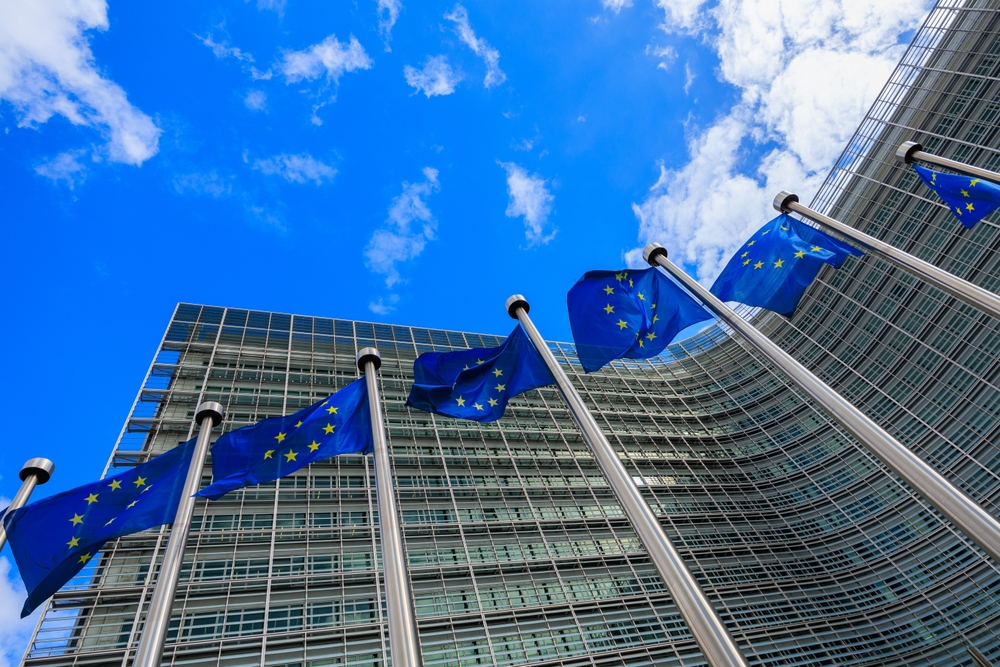Georgia was granted candidate status for EU membership in December last year,
Others are reading now
The European Union has issued a stern warning to Georgia, stating that unless the country swiftly adjusts its pro-Russian policies, EU membership will remain out of reach. This comes in response to Georgia’s recent enactment of a controversial “foreign agent” law, reminiscent of similar laws in Russia.
The new law mandates that all NGOs, media outlets, and organizations receiving more than one-fifth of their funding from abroad must register as “organizations pursuing the interests of a foreign power.”
This move has drawn significant criticism from the EU, with Josep Borrell, the EU’s foreign policy chief, emphasizing that Georgia’s path towards EU membership hinges on respecting democratic principles and European values.
Georgia’s Aspirations for EU Membership
Georgia, located in the Caucasus region, was granted candidate status for EU membership in December last year, marking a pivotal step in its journey towards integration with the European Union.
Also read
This milestone was celebrated by many Georgians eager to align more closely with Europe and distance themselves from Russian influence, garnering support from several EU member states including Denmark.
According to EU Foreign Minister Lars Løkke Rasmussen, the Georgian government has launched a significant disinformation campaign, misleading the population about the progress towards EU membership.
This misinformation campaign undermines Georgia’s credibility in the eyes of the EU and complicates efforts to advance membership negotiations.
EU’s Response and Future Actions
The EU is considering various measures to pressure the Georgian government into reversing its current trajectory.
Options on the table include suspending or limiting financial support to Georgian authorities, imposing visa restrictions, and sanctioning individuals responsible for human rights abuses.
Additionally, the EU aims to bolster support for independent media and civil society organizations within Georgia.
Josep Borrell emphasized that while no final decisions were made during the EU foreign ministers’ meeting, the primary objective remains to avoid harming ordinary Georgians who do not support their government’s policies.
The EU’s stance underscores its commitment to promoting democracy, human rights, and stability in its neighboring regions, despite geopolitical pressures.


